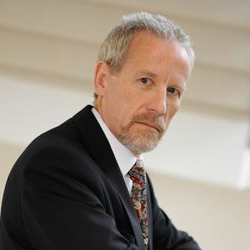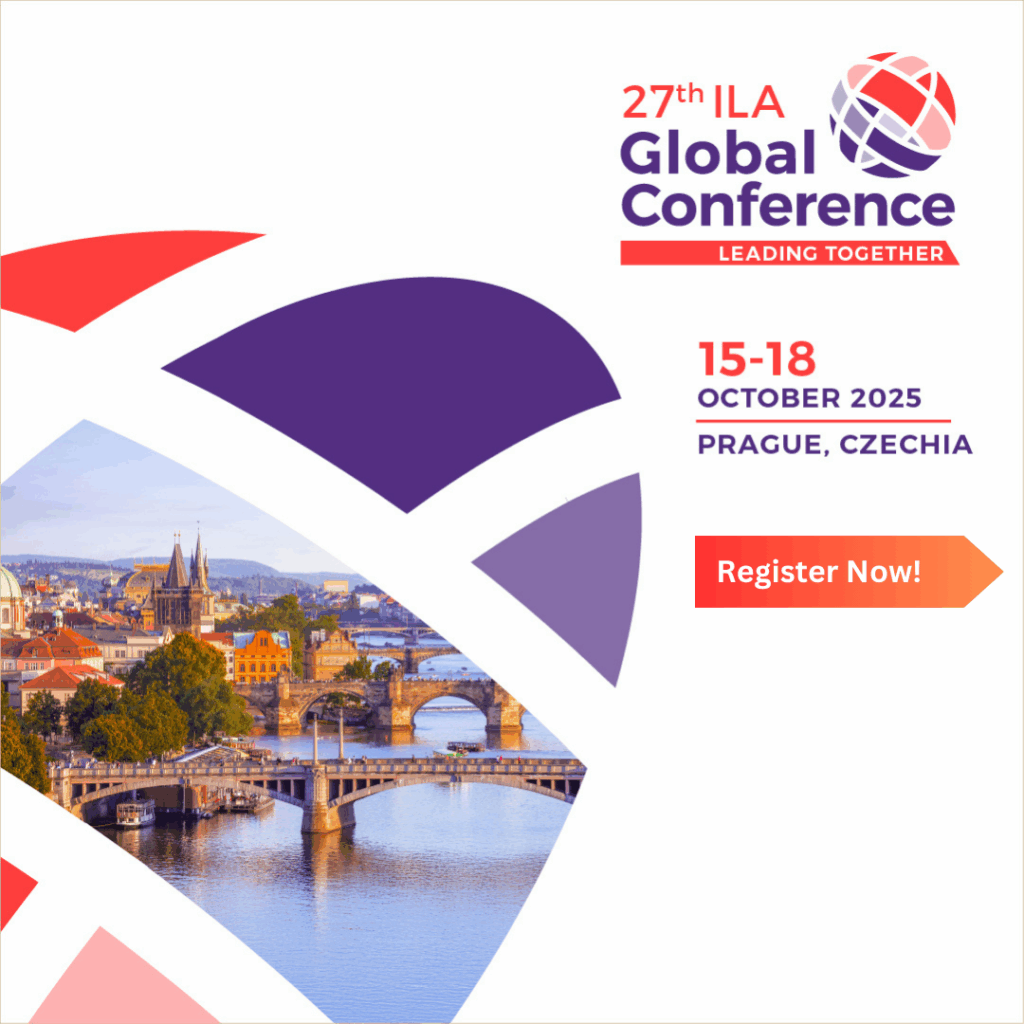
by Keith Grint
- 30 March 2021
Share:
In Aesop’s fable of “The boy that cried wolf,” the shepherd boy repeatedly tries to scare the villagers by pretending that a wolf is approaching so that when a real wolf arrives the boy’s cries are ignored and the sheep (and in some versions the boy) are eaten. A palindromic inversion of the tale reveals that the political leaders of the countries with the greatest number of covid-19 deaths, and they are all boys, spent so much energy proclaiming fabular days are approaching that the opposite of a Wolf has arrived – the golden age of floW, a world where unicorns range freely, dispensing largesse at will to their entranced followers. Thus, for example, the British Prime Minister, Boris Johnson, imagines bridges across the Irish sea in a new world led by Global Britain, the former U.S. President, Trump, stemmed the flow of illegal immigrants and terrorists with impregnable walls paid for by Mexico, and President Bolsonaro told Brazilians he was going to “Make Brazil Great Again!”
These and other unicorn fabulists have consistently underplayed the danger of the covid-19 wolf while trying to distract “the villagers” from its killing spree. For instance, on 3 March 2020 Johnson insisted that he was going to continue shaking hands with people in a hospital with covid-19 patients: “I can tell you I am shaking hands continually… I was at a hospital the other night [where] I think there were actually a few coronavirus patients and I shook hands with everybody, you’ll be pleased to know. And I continue to shake hands and, I think it is very important that we… people can make up their own minds.” Three weeks later, on March 27, he self-quarantined and was taken into hospital on April 6. Similarly, on 28 April 2020 Mike Pence, then Vice-President of the USA visited Mayo Clinic in Minnesota and did not wear a face mask, even though the clinic rules specified that it was mandatory, and Pence was the only one not wearing a mask in the photos (BBC, 2020). In Brazil, Bolsonaro has consistently dismissed the virus as “a little flu or a bit of a cold.” He was diagnosed with covid-19 on 7 July and his scepticism of the wolf’s threat seems to have undermined trust in the medical authorities in Brazil.
While many of the villagers were entranced by the utopian unicorn-inspired visions and denials, they forgot about the approaching wolf, and when the age of rhetorical Flow was inverted into the covid-19 wolF, the village was unprepared for bad times. Indeed, at the time of writing (26 March 2021) the number of Covid deaths in the USA was 545,000, in Brazil it was 303,000, and in the UK it was 126,000 with the UK ranking fifth in the number of deaths per million (behind the much smaller nations of Czechia, Belgium, Hungary, and Slovenia) (Statista). When considering leaders as unicorns we might envisage the mythical fantasies that are the embodiment of perfection, creatures who never make mistakes and are beyond the grasp of mere mortals. But that’s the point; these mythical creatures are not just harmless symbols but actually dangerous illusions – because unicorns do not exist and neither do perfect or error-free leaders.
these mythical creatures are not just harmless symbols but actually dangerous illusions – because unicorns do not exist and neither do perfect or error-free leaders.
The adoption of animals to symbolize leadership types has a long history. In The Prince, Machiavelli suggested that leaders needed to combine the strength of the lion to frighten away wolves, with the wiliness of the fox to avoid the traps, if they were to succeed. Indeed, the penchant for putting faith in individuals rather than collectives or systems is manifest, for example, in Boris Johnson’s (2014) hagiography of Churchill as the individual hero turning the wheel of history – rather similar, no doubt, to his own delusional destiny. Pareto’s The Mind and Society (1916/1935) was clear that an elite of some form would always rule, but the nature of the leadership changed as “the circulation of elites” churned. Deceitful but intelligent foxes were replaced with brave but conservative lions who forced their way into office but could not maintain power in the face of the erosion generated by the next wave of foxes. An alternative to the elite circulation of magnificent lions and dissembling foxes might not be the cruel and carnivorous wolf, though there are many leaders who might fit that mantle, but rather the rhinoceros, an imperfect, ungainly, poorly sighted creature who cannot fly but who can – and more importantly does – live relatively successfully in an imperfect world (as long as no one shoots it for the equally mythical qualities of its horn).
So the question might be, why do we consistently fall for unicorns when the wolf comes calling, rather than rhinoceroses? As Max Weber (1922/1978) argued, in times of distress we are attracted to charismatics because they appear to be brimming with self-confidence, and they offer a solution to our collective woes. In effect, the precarious situation – the arrival of the covid wolf – discourages us from seeking the guidance of wise rhinoceroses because rhinoceroses like Angela Merkel – who admits when she’s wrong – would probably tell us that we needed to take some responsibility for our own and others’ lives, sort the village walls out, and work with neighbors to eliminate the wolf. Instead, we seek the security of the lion or even better, the fantasy of the unicorn, because lions and unicorns proclaim the wolf either doesn’t exist or can be safely ignored.
This is the case with all wolves, not just covid. For instance, on 8 November 2019 British Prime Minister Boris Johnson was touring Northern Ireland to assure businesspeople that Brexit would offer nothing but bountiful largesse — certainly not the mountain of paperwork that has actually swamped many businesses there. Thus, when Irwin Armstrong, owner of CIGA Healthcare, asked whether he could “go back to my company in the morning and tell my staff we will not be filling in any customs declarations for goods leaving Northern Ireland to go to GB?” Johnson replied, “You can [and] if somebody asks you to do that, tell them to ring up the Prime Minister and I will direct them to throw that form in the bin” (quoted in Daly and Baines, 2019). And then the bureaucratic wolf came knocking.
Alas, it is not just that we often find narcissistic and charismatic people attractive, it is also the case that we consistently confuse confidence with competence. And this fatal attraction starts early. As Brummelman et al.’s (2015, 2021) research suggests, children consistently pick the most narcissistic children to be class leaders, despite the fact that these children are no better at facilitating the group in achieving its goal than any other child. Who should we blame for this parlous state of affairs? Well, we know that most of us are notoriously bad at assessing ourselves, but we could start by asking: Is that a unicorn in my garden?
References
BBC. (2020, April 29). Coronavirus: Mike Pence flouts rule on masks at hospital. https://www.bbc.co.uk/news/world-us-canada-52465172
Brummelman, E., Sander, T., Nelemans, S A., Orobio de Castro, B., Overbeek, G., & Bushman, B.J. (2015). Origins of narcissism in children. Proceedings of the National Academy of Sciences, 112(12), 3659-3662. DOI: 10.1073/pnas.1420870112
Brummelmen, E., Nevicka, B., & O’Brien, J.M. (2021). Narcissism and Leadership in Children. Psychological Science, 32(3), 354-363. https://doi.org/10.1177/0956797620965536
Daily, P., & Baines, M. (2019, November 8). Johnson tells Northern Ireland businesses to ‘bin’ customs forms. Belfast Telegraph. https://www.belfasttelegraph.co.uk/news/northern-ireland/johnson-tells-northern-ireland-businesses-to-bin-customs-forms-38674258.html
Johnson, B. (2014). The Churchill Factor: How One Man made History. Hodder & Stoughton.
Machiavelli. N. (1981). The Prince. Oxford University Press.
Pareto, V. (1920/1935). The Mind and Society. Harcourt Brace.
Weber, M. (1922/1978). Economy and Society. University of California Press.

Keith Grint is Professor Emeritus at Warwick University. He has held Chairs at Cranfield University and Lancaster University and was Director of Research at the Saïd Business School, Oxford University. He is a Fellow of the International Leadership Association (ILA) and Professorial Fellow of the Australian Institute of Police Management (AIPM). He is also a founding co-editor with David Collinson of the journal Leadership, and co-founder of the International Studying Leadership Conference. He received ILA’s Lifetime Achievement Award in 2018. His books include The Arts of Leadership (2000); Organizational Leadership (2005); Leadership: Limits and Possibilities (2005); Leadership, Management & Command: Rethinking D-Day (2008); Leadership: A Very Short Introduction (2010); and Mutiny and Leadership (2021).

